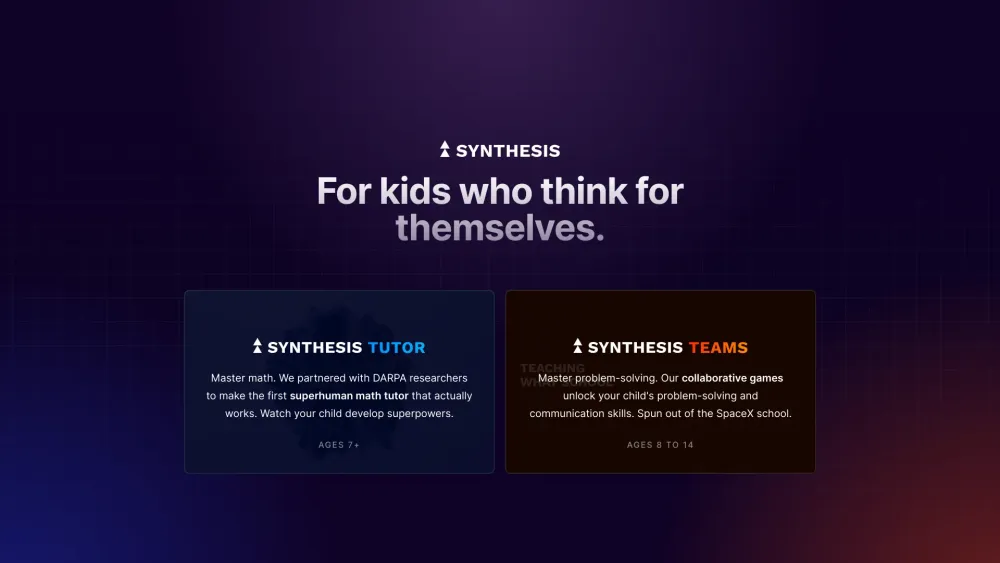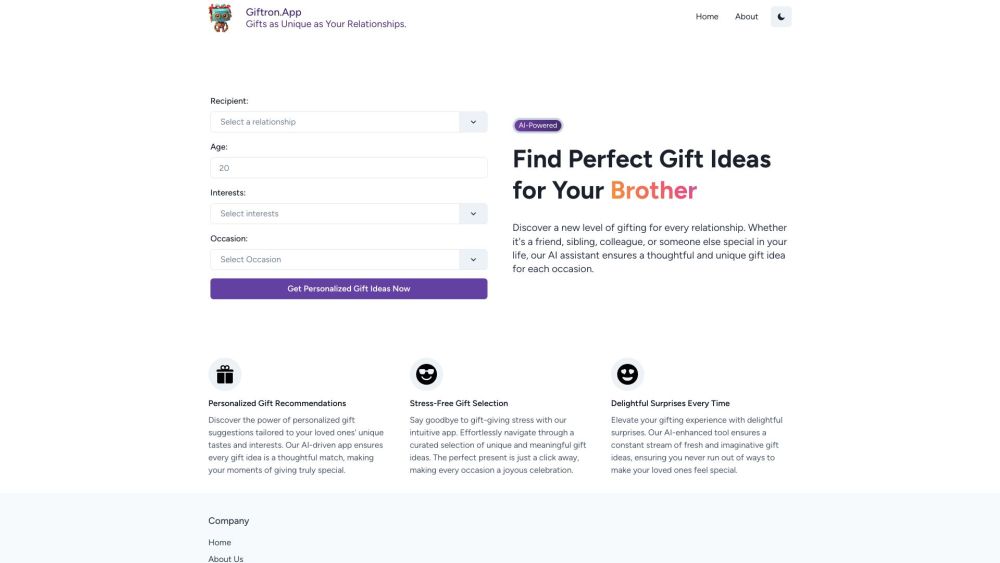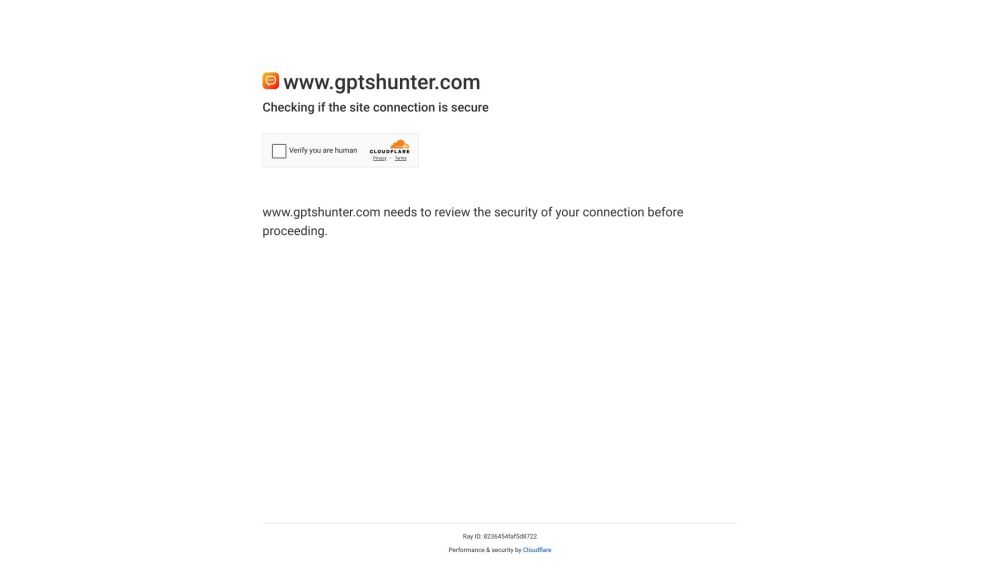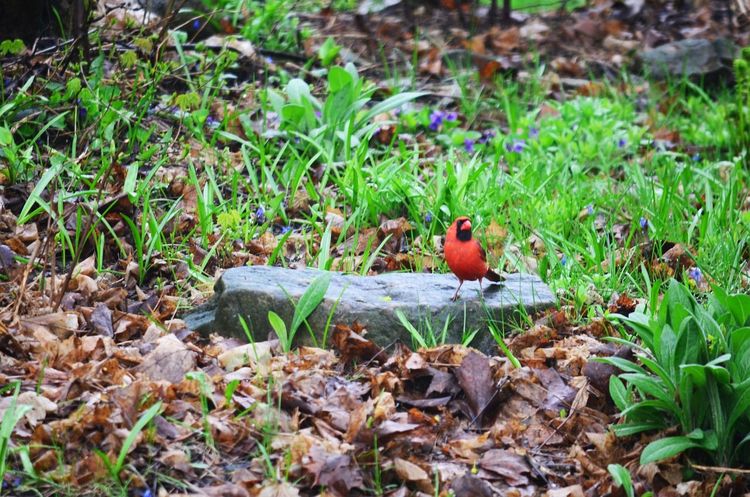Hugging Face Introduces Open Source AI Assistant Creator to Compete with OpenAI's Custom GPT Models
Most people like

In recent years, artificial intelligence (AI) has dramatically transformed numerous industries, and healthcare is no exception. One area where AI is making a significant impact is medical scribing. By automating the documentation process, AI streamlines workflows and improves precision in patient records. This advancement empowers healthcare professionals to focus more on patient care while ensuring that crucial information is accurately captured and easily accessible. As we explore the influence of AI on medical scribing, we’ll examine its benefits and the future potential it holds for improving healthcare delivery.

In today's rapidly evolving digital landscape, effective educational AI is transforming the way we learn and teach. By leveraging advanced algorithms and data-driven insights, AI-driven solutions enhance personalized learning experiences, improve student engagement, and streamline administrative processes. This article explores the profound impact of educational AI on modern education, highlighting its benefits and potential to revolutionize the learning environment. Join us as we delve into the future of educational technology and its role in fostering better education for all.

Discover the ideal gift tailored to the unique preferences of your recipient. Whether it's a birthday, anniversary, or special occasion, our personalized gift suggestions will help you find the perfect match!
Find AI tools in YBX


